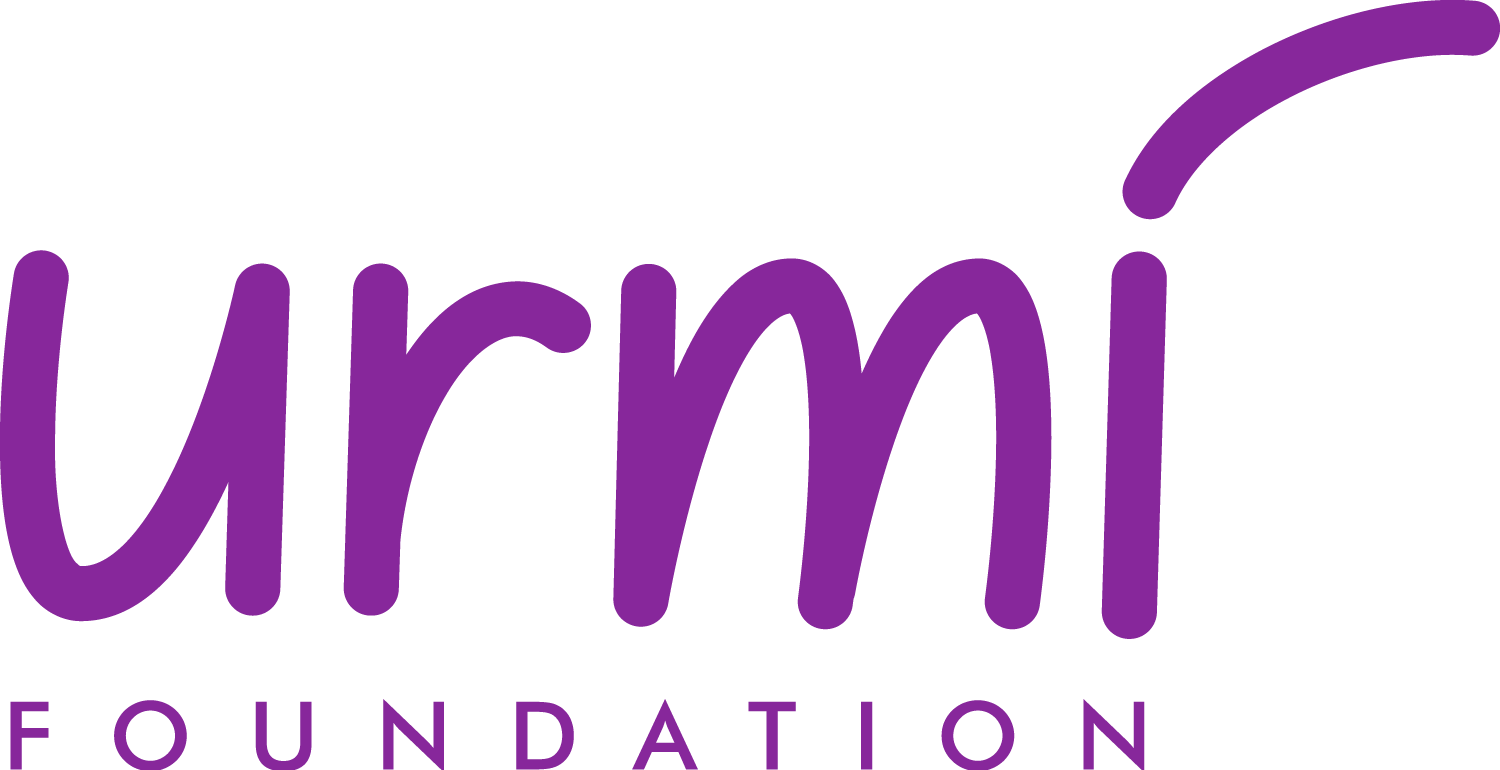Urmi Foundation was established in 2012, following research that highlighted the educational, social, and overall conditions of individuals with neurological disabilities.
The foundation's primary objective is to enhance the well-being of the disabled population and its stakeholders by fostering meaningful inclusion through various therapeutic, educational, and capacity-building projects and activities. Urmi collaborates with key entities such as BMC special schools, URC, hospitals, Anganwadis, and the Zilla Parishad/DIET department.
Vision & Mission
Inclusion of individuals with disabilities in the society through education, therapy, capacity building and policy support.
Our Story
Urmi conducted research in collaboration with the BMC special education department and other active special schools in Mumbai and Thane. The findings were alarming, revealing that a significant number of children from low-income communities were not receiving education or therapy. Moreover, over 90% of parents were unaware that their child had a disability requiring special intervention. The assessment tests designed indicated poor learning abilities.
In response, Urmi delved deeper into the issue by conducting interviews with mothers, Anganwadi teachers, and government hospitals. The outcomes were startling. The foundation conducted door-to-door surveys, collecting data that focused on disability awareness, intervention status, and the medical and social challenges faced by families attempting social inclusion or education for their disabled children.
Over 75% of mothers living in low-income communities are not aware of their child's disability, preventing them from taking proactive steps towards their child's inclusion and education.
100% of children with behavior issues are never invited to family or social gatherings. Often, they are asked to leave their houses by neighbors.
83% of parents believe that their disabled child is unable to learn anything academic, hence never consider their educational goals.
35% of children with severe disabilities reach a degenerative stage and unfortunately die due to a lack of intervention and required support.
Marginalized communities lack infrastructure suitable for disabled children; for example, roads are not wheelchair-friendly, toilets lack support for holding or sitting, and common community toilets do not allow mothers to assist their cerebral palsy child in accessing ladies' toilets.
More than 60% of intellectually disabled children from low-income communities fail to access education and therapy due to ignorance, apathy, and the expensive nature of interventions.
Our Guiding Principals
1
Designing and implementing cost effective models to support the vision of integration and inclusion.
2
Developing a socially oriented model by keeping it less medical and adaptable in nature.
3
Targeting disability awareness, identification, intervention, and mainstreaming with effective methodologies at the grassroots.
Our Impact
We have developed a social model of disability intervention, carefully considering the limitations and resource availability in marginalised communities. Our impact over the past 12 years includes:
6900+ disabled children detected through community outreach.
2000+ special children receives Urmi's educational and therapeutic support each year.
1000+ Anganwadis trained to detect disabilities at an early stage and prevent them.
Collaborated with 17 government hospitals, their MSW departments, and 32 primary health centers capacitated to treat and assist children with disabilities.
13 self-help groups formed for the youth with disabilities to generate self-employment and achieve financial independence.
51,800+ children reached through partnerships with Zilla Parishad, DIET department, and Samaj Kalyan schools across Maharashtra.

